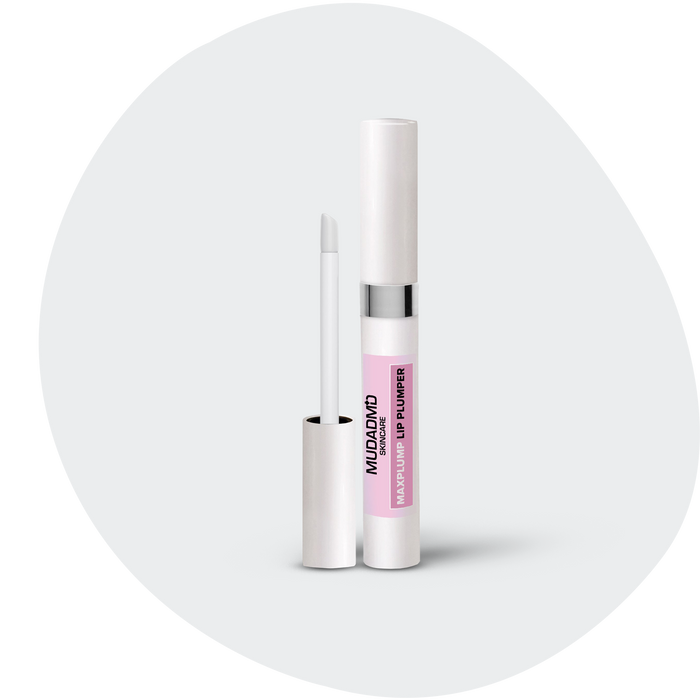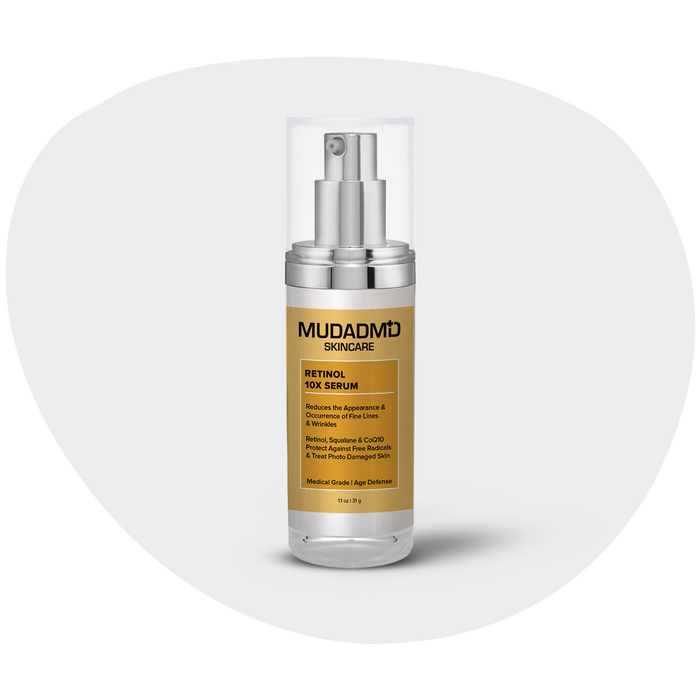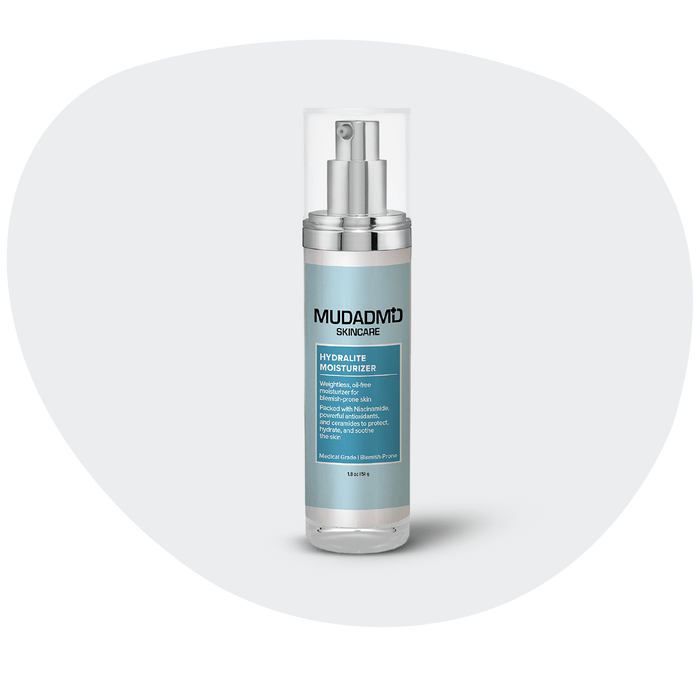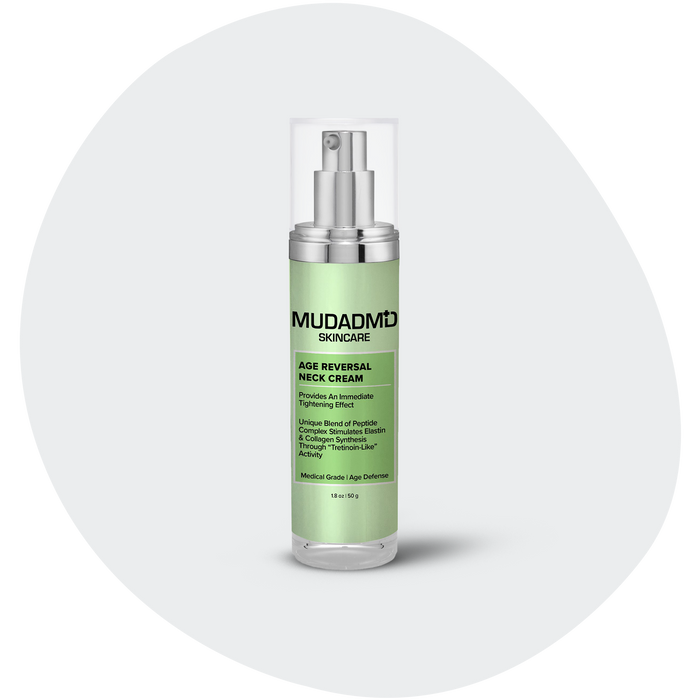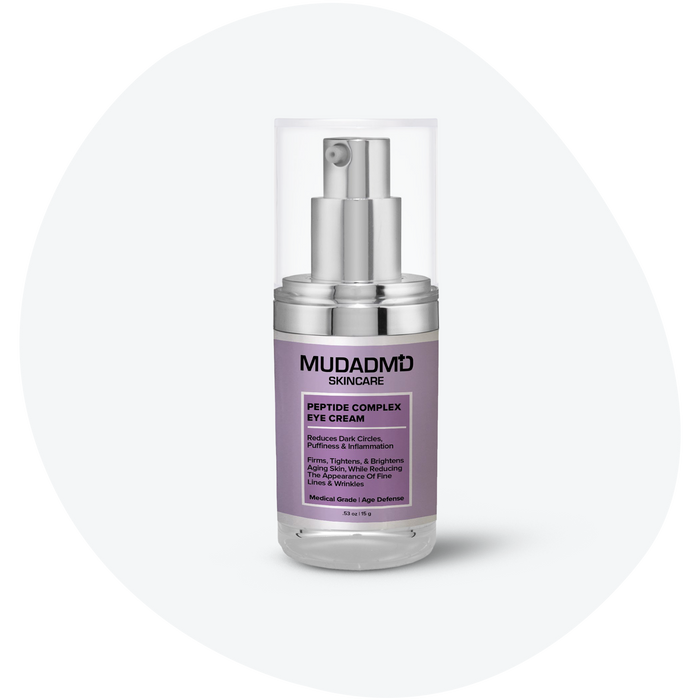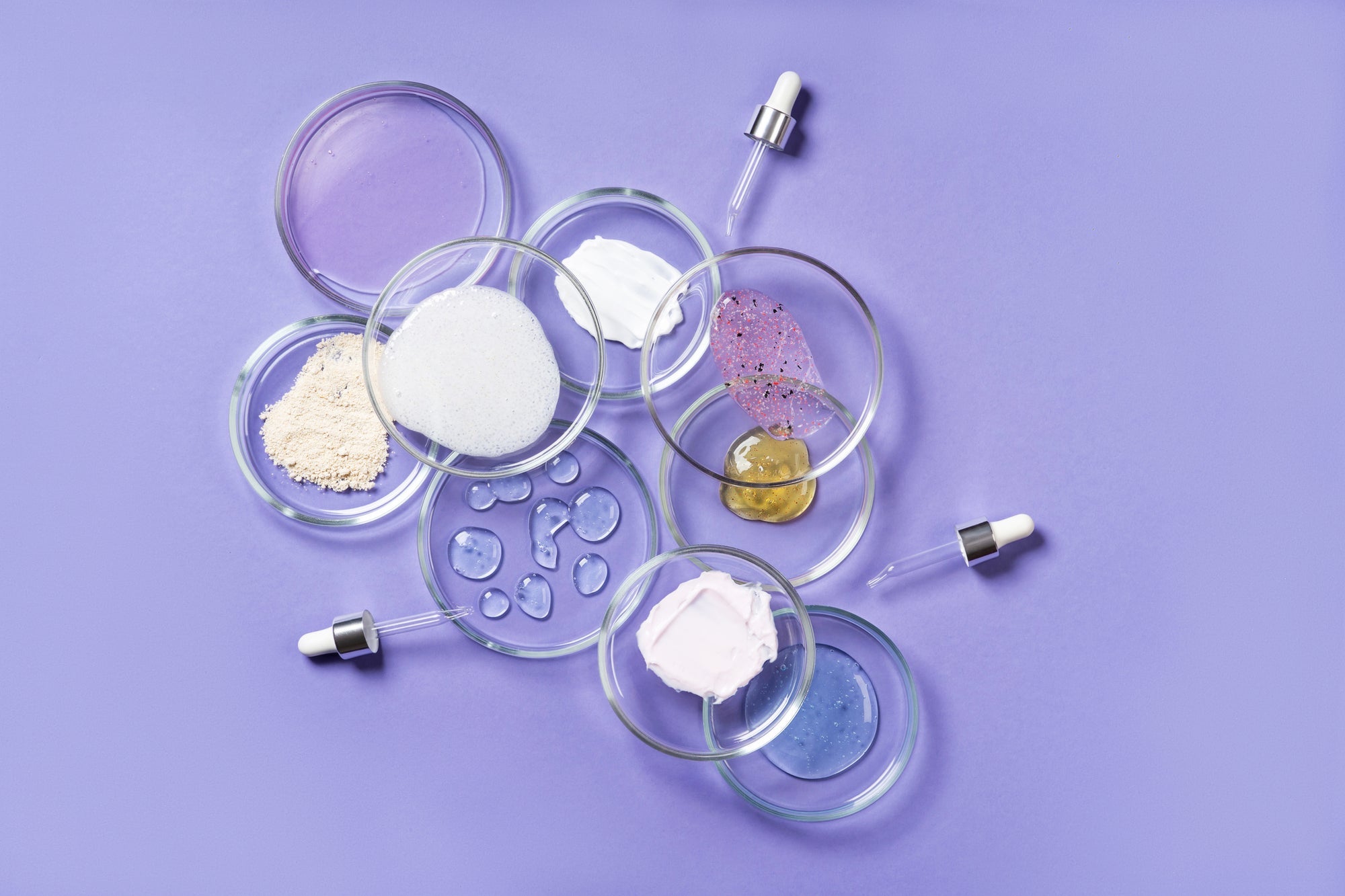

· By Raja Mudad
5 Ingredients That You Should Avoid In Your Skincare Routine
Wandering down the skincare aisle, it’s easy to get excited about all the gorgeous new products coming out every new season. We’ve all been there - we get in to buy only a new batch of an old favorite and somehow end up with hands full of brand new things to try out.
And one of the best new trends lately is that many consumers have started to educate themselves more and be conscious of which ingredients can truly help our skin. Not many people buy skincare based on pretty bottles anymore. More and more of us reach only for formulations based on tried and tested active ingredients, and kudos for that.
But, when it comes to the ingredients your skincare should not contain, things still do not look great. Without barely any regulations to create some order, we are left to decide for ourselves how much of the “unsafe” products would be too much.
Finding the balance can be a tricky business, but in most cases there’s no need for going to great lengths to completely avoid every potentially sketchy element. You can start by just being aware of the common ingredients that might do more harm than good. Make the changes slowly and with time opt for products that can help you keep your routine clean and safe.
To start you off, here are the five common ingredients your skincare would be better without.
5 Ingredients Your Skincare Products Should Not Contain
1. PEGs (polyethylene glycols)
These petroleum-based compounds are commonly present in face and body lotions and moisturizers, although you can find them in other cream-based formulations as well. Their job is to enhance the texture of the products and make them thicker and more pleasant on the skin. PEGs also allow the skin to absorb the product better.
Unfortunately, this also means that any harmful or potentially toxic ingredients the product contains will be absorbed deeper into the skin. And while polyethylene glycols with a molecular weight of 200 to 10,000 are considered to be harmless to use in cosmetic products, this only works if they are applied to healthy, unbroken skin. If your skin is damaged, applying products that contain polyethylene glycols may lead to skin irritations.
PEGs undoubtedly offer several advantages to the formulas that contain them. However, they are essentially synthetic petrochemicals that, depending on the manufacturing processes, often contain impurities such as ethylene oxide and 1,4-dioxane. Both of these carry potential health risks, as they are known as carcinogens and respiratory irritants.
2. Aluminum
Aluminum compounds are mostly present in personal care products such as antiperspirants, lipsticks and toothpastes. They function as thickening agents and absorbents. In a nutshell, they are used in deodorants to stop sweat from escaping the skin.
Aluminum is never used pure in cosmetics. Only its compounds such as aluminum chlorohydrate, aluminum chloride, aluminum starch, magnesium aluminum silicate and alumina are added. Even so, this is one of the most controversial skincare ingredients out there, with lots of confronting opinions and insufficient evidence on its safety.
Mainly, there are concerns that frequent use of antiperspirants that contain aluminum may be responsible for a variety of health problems, including breast cancer and hormonal imbalance. On top of these long-term potential hazards, some people also experience various short-term problems, such as irritation, itchiness, dryness and acne breakouts.
There are even suggestions that exposure to aluminum might be able to elevate the risk of Alzheimer’s, but more research is needed to confirm this.
3. Formaldehyde
Formaldehyde is without a doubt one of the most notorious components in contemporary products. It is a powerful chemical preservative and you can mostly find it in hair straighteners, nail polish and remover, eyelash glue, as well as an array of skincare and makeup.
Despite the evidence that links it to cancer, some manufacturers consider it safe to formulate with as it is present in cosmetics only in small amounts. However, many different products you use may contain this harmful chemical, and it’s easy to see how it can quickly build up.
Other manufacturers stay clear from formaldehyde itself, but they use other ingredients that slowly release formaldehyde as they decompose. That means that, even though the label on your product doesn’t directly say “formaldehyde”, the risk may be hidden under a different component, such as formalin, bronopol, glyoxal, methylene glycol, DMDM hydantoin, diazolidinyl urea and imidazolidinyl urea, quaternium-15, 3 dioxane, etc.
Other than increased cancer risk, formaldehyde can cause all kinds of sensitivities, including irritations of nose, eyes, throat and skin in the form of itching, redness, scaling, and in severe cases even swelling and blisters.
4. Artificial Colorants
They make our products look gorgeous, but our skin doesn’t like them all that much. Artificial colorants are synthetic additives used to dye bath and body products and makeup into different shades. Often, many different chemicals are mixed to create just one specific artificial color.
The problem with that is - many of these dyes contain traces of heavy metal salts, including lead. They can cause all kinds of irritations and sensitivities when applied topically to the skin. Some colorants can also clog your pores, leading to breakouts and congested skin problems.
Whether you like to match your shower cream with your bathroom decor or you’re looking for fun and colorful bath bombs for your kids, opt for products colored with natural pigments. Beetroot, turmeric and woad powder, coffee, molasses, as well as different types of clay can all create vivid, lush colors without harming your skin in the process.
5. Alcohol
In the end, another well-known ingredient skin experts recommend we avoid all the time. Especially if your skin is already dry, sensitive or reactive, you don’t need products that can only worsen its condition.
However, by overly drying your skin, alcohol can stimulate the sebaceous glands to produce more sebum. That is why you should avoid alcohol-based products even if your skin is oily. This can be a challenge, as alcohol is often added to astringent toners, soaps and cleansers meant to reduce the appearance of enlarged pores.
Many different types of alcohol can be found in skincare products, but the worst ones are denatured alcohols such as ethanol, isopropanol, and propanol. They can be very harsh and drying to the skin and with time can even damage the skin’s natural lipid barrier.
Taking the harmful ingredients out of your skincare game doesn’t have to be a sudden comprehensive change, but it’s good to be informed so that you can make decisions that will work best for you. Take a closer look at the labels of your favorite products and see which ones contain potentially problematic components. Then you can slowly swap and change things around until your whole beauty shelf reflects the goals you have for your skin.
